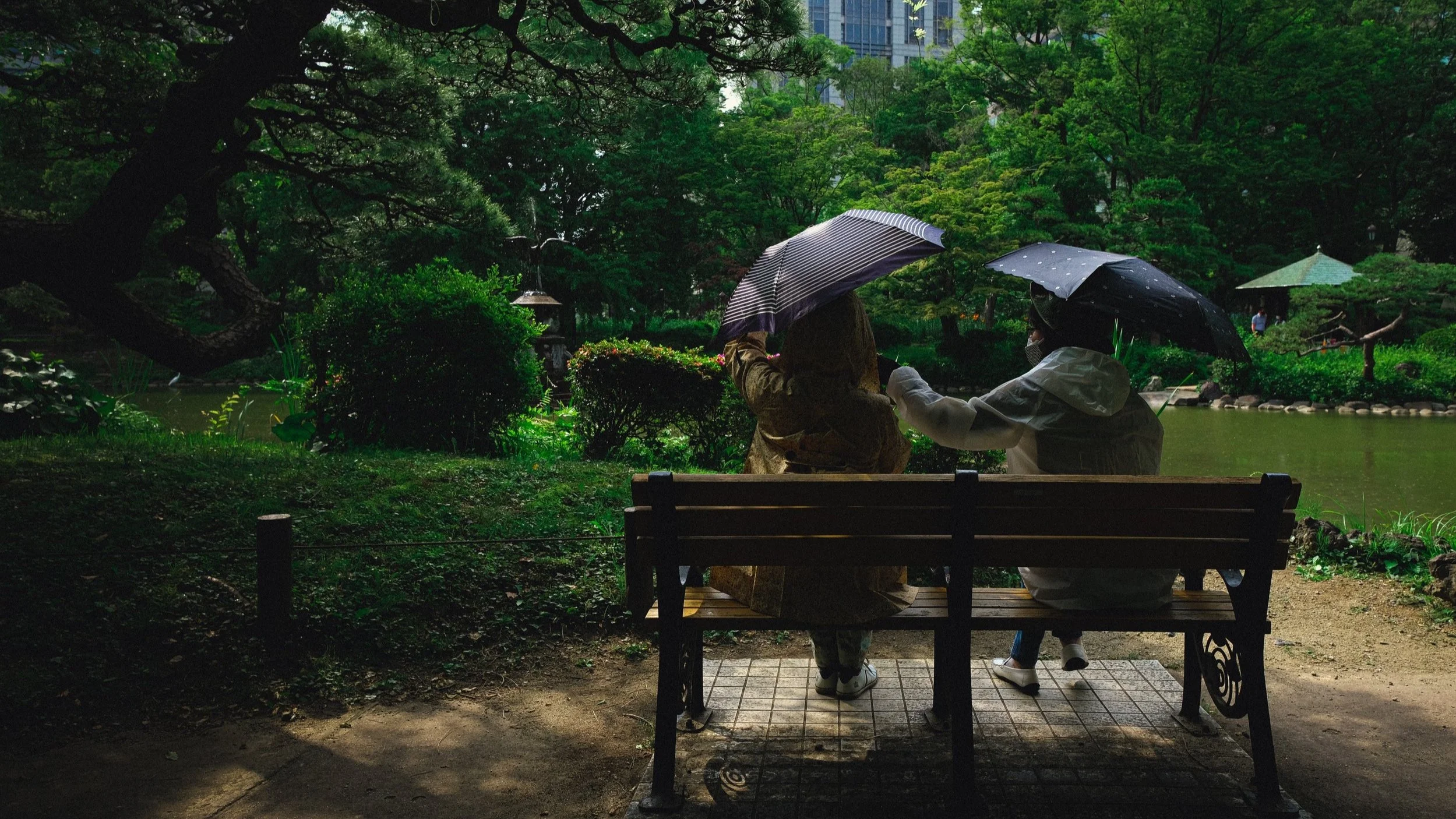Grieving in the Garden
“I heard you in the garden; but I was afraid, because I was naked, so I hid” (Genesis 3:10).
“My Father, if it is not possible that this cup pass without my drinking it, your will be done!” (Matthew 26:42).
Bearing Fruit: Cultivating the Garden of Our Hearts
Gardens are an important setting in Scripture. Adam and Eve are created in the Garden of Eden, born out of God’s great love for us (Genesis 2). Jesus prays and suffers in the Garden of Gethsemane before he is arrested and crucified (Matthew 26:36-46, Mark 14:32-42, Luke 22:39-46)—again, out of love for us.
This Lent, the Catholic Women in Business team is meditating on our interior garden, where we can invite God to help us bear fruit. As St. Augustine wrote, “The turn of phrase by which the man is said to work the land, which is already land, into also being landscaped and fertile, is the same as the one by which God is said to work the man, who was already a man, into also being godfearing and wise.”
There was grief in the gardens.
Adam and Eve doubted God’s goodness and ate the forbidden fruit, leading to their expulsion from the Garden of Eden. Before Jesus’ arrest, he went into the Garden of Gethsemane to beg the Father to take away the pain that was coming and to place his faith and trust in the Father’s will. In our own interior garden, there may be areas of doubt, brokenness, and sadness for our plans and expectations that have not come into fruition.
A Story of Love and Grief
God created us to belong to him, and our very being and purpose are oriented toward the Father. In his goodness, God gave us free will to choose him. Imagine his heartbreak at Adam and Eve’s rejection of their purpose—of the Father himself. Did his heart grieve as he sent Adam and Eve out of the garden and original sin entered into the world? Adam and Eve’s realization that eating the fruit changed everything is somber: “Then the eyes of both of them were opened, and they knew that they were naked” (Genesis 3:7). The moment when they saw that they had lost what they had with the Father must have been agonizing (“I heard you in the garden; but I was afraid, because I was naked, so I hid”). With the sorrow of knowing that what was would be no more, that there would be suffering, pain, and sadness, made the creation story become a story of both love and grief.
Jesus is fully human and fully divine. On a human level, he did not want to undergo such a public, painful, humiliating, and gruesome death. So, Jesus was honest with the Father, laying out his heart: “My Father, if it is possible, let this cup pass from me” (Matthew 26:39). Maybe there were hopes and dreams that Jesus’ human self had to grieve before accepting his cross. He was a carpenter, he had friends and community, and he felt love and concern for his mother. Jesus Christ, the King of Kings, experienced great grief in the garden.
Healing in Our Garden
Perhaps your interior garden is grieving right now over what you think should be happening in your life: that position at that company that you have wanted to work at since college, the level of personal and professional success you feel you should have achieved at this stage in your life, the husband and family that you thought you would have by now, the goals you told yourself in high school you would reach within a certain time frame.
There can be so much that we grieve within our interior garden, but we so often think we should not grieve over the plans and expectations that have not come to be—that to grieve means to be bitter and resentful forever. Yet to grieve is to heal, and we have beautiful examples of grieving and surrendering that grief—and healing.
God grieved, Jesus grieved, and we, too, can grieve. God the Father and God the Son taught us how to grieve and how to surrender our grief. In the Garden of Eden, God the Father grieved at Adam and Eve’s rejection: “Who told you that you were naked? Have you eaten from the tree which I had forbidden you to eat? (Genesis 3:11). God the Son earnestly prayed and surrendered his grief, placing his faith in the Father’s will. Ultimately, the grief experienced in the gardens led to the death of sin and the Resurrection.
God turns grief into victory, and we can surrender our grief to help bring about the glory of the Kingdom. Jesus wants to sit with us in our grief; he understands why we grieve over lost plans and unfilled expectations. We need to grieve to heal our heart and surrender our plans to the Lord, letting him work through our grief to do things that we cannot even imagine.
This Lenten season, we can grieve, knowing that God the Father and God the Son grieves with us. We may never know this side of heaven why our plans and expectations do not come into fruition, but we know that the Lord is working with and through our grief. Our grief does not have to be the end of the story; it can be the part of the story where God heals us.
We are created to belong to God. I pray that whatever grief is in your interior garden can be turned into moments of healing and surrendering. May we grow ever closer to our Lord.
Alexandra (Alex) Harrel resides in Irving, Texas. She is a new student affairs professional within the world of higher education. In her spare time, she loves reading, listening to podcasts, and spending time outdoors. Her favorite prayer is Hail, Holy Queen. You can follow her on Instagram at @2012alexandra.


